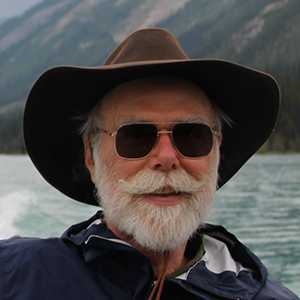
|
I Am Who I Am "No man of war nor destroyer's escort am I," declareth he to the ship's Captain, a pronouncement that would usher in another year of Active Imagination on the wings of the Transcendent Function by which the author as a young man is guided, through dialogue with his unconscious, toward the person he is meant to become. "How much longer do you think you can keep me from the true intent of these encounters?" Questions he the Master of Deceit. "As long as there are images that can keep their secrets to themselves," replies the snake, "I shall prevail." Stonewalled at every turn, is he led by the transcendent to seek help from an unlikely trio—a professor, an attorney and the First Lady of the Resistance—all of whom work no harder than the attorney to rescue him from the jaws of the beast intent on sucking any semblance of a real life from him as it has from his fathers and countless other poor souls who have been forced to kill on command, or be killed, in opposition to every moral fiber of their bodies, the carnage of which cries out unceasingly, "but thou shalt not taketh another man's life, lest ye loseth thine as recompense". "Give me liberty or give me death," captures he the sentiment of a generation so hell–bent on serving the ego, they kill for it. "And that," says the author, "is the crux of the matter: how to give up the false sense of liberty onto which we cling when, in reality, it's our own death we seek in that of our enemies, for you can't have liberty without death to the ego or all that we are not."
© 2007, 2013, 2016 Rivendell Books. All rights reserved. Last update: 1/27/24 |
|
Memberships |
|
Availability |
|
Style of Writing |
|
Sir EJ writes books that explore the collaboration of the conscious and the unconscious using Active Imagination and the Transcendent Function—the process at the heart of Carl Jung’s theory of psychological growth—and poetic prose, a genre that fuses poetry’s attention to language and use of imagery with prose’s narrative and objective presentation of truth. |
|
Reviews "When the author describes his experiences, he does so with an exuberance and a joy which, in terms of what has happened to him, is to me deeply impressive. I don't want to exaggerate his character, but I think of people like Thomas More and Franz Jägerstätter, who exuded a similar kind of joy that comes out of a person who is expressing something which they believe in, and for any person who is fulfilling himself in terms of standing up for what he believes, in a nonviolent, loving and truthful way."—James Douglass, Author
|